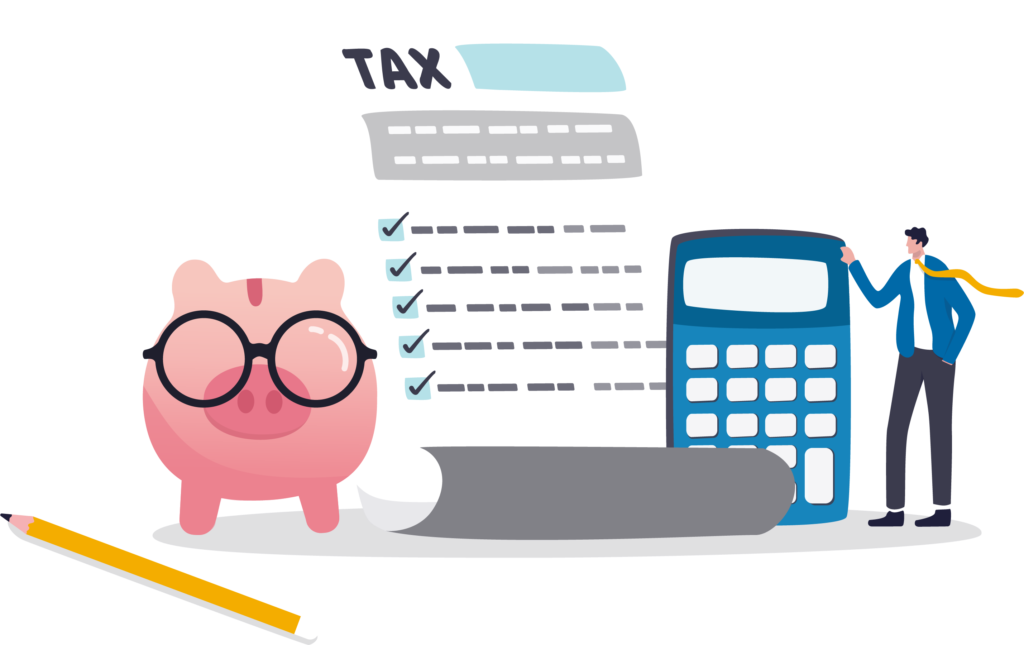Upcoming Changes in Income Tax Rules from October 1, 2024: What You Need to Know
New Delhi: Starting October 1, 2024, several important changes will take effect in taxation, savings, PPF, Aadhaar cards, and credit cards. These measures, announced by Finance Minister Nirmala Sitharaman during the Budget 2024-25 presentation, are likely to have a considerable impact on daily life. It is crucial to understand these changes to stay informed and manage finances effectively. Let’s take a detailed look at the upcoming changes, particularly focusing on income tax rules and other financial adjustments.

Key Income Tax Rules Effective from October 1, 2024
The income tax landscape will see significant modifications starting from October 1. The government aims to streamline the taxation process, make it more transparent, and reduce the overall burden on taxpayers.
1. Discontinuation of Aadhaar Enrolment ID
One of the key changes in income tax rules involves the Aadhaar Enrolment ID. From October 1, 2024, the government will discontinue the use of Aadhaar Enrolment ID as a substitute for an Aadhaar number. This change is important for taxpayers who were previously using their Aadhaar Enrolment ID for filing their tax returns. Taxpayers will need to ensure that they have a valid Aadhaar number linked to their PAN to comply with this new rule.
2. Rationalization of Tax Deducted at Source (TDS) Rates
The government has also introduced significant amendments to Tax Deducted at Source (TDS) rates. From October 1, 2024, TDS rates will be reduced from 5% to 2% in certain sections, allowing taxpayers to retain more income upfront. Additionally, Section 194F, which imposes a 20% TDS rate on specified income, will be omitted. This rationalization is expected to simplify the tax process and provide some relief to individuals and businesses.
3. Floating Rate Savings Bonds and Tax Deductions
Income from certain government securities, including Floating Rate Savings Bonds, 2020 (Taxable), will be subject to a tax deduction if interest payable exceeds Rs 10,000 during the financial year. This amendment aims to ensure that high-interest income from government bonds is appropriately taxed, contributing to fairness in income tax collection.
4. Securities Transaction Tax (STT) on Futures & Options
Another change that impacts income tax is the revision in the Securities Transaction Tax (STT) on futures and options. The STT on futures will increase to 0.02%, and for options, it will rise to 0.1%. This hike aims to curb speculative trading in the stock market while ensuring that the government collects appropriate taxes from these transactions.
5. Tax on Share Buybacks
To ensure fairness and avoid tax arbitrage, income received from share buybacks will now be subject to income tax from October 1, 2024. This move will make share buybacks less attractive for companies seeking to avoid dividend distribution tax, thereby leveling the playing field for all shareholders.
6. Direct Tax Vivad Se Vishwas (DTVSV) Scheme, 2024
The Direct Tax Vivad Se Vishwas (DTVSV) Scheme, 2024, is also set to be introduced from October 1. This scheme offers reduced settlement amounts for taxpayers identified as “new appellants” compared to “old appellants.” Moreover, those filing declarations before December 31, 2024, will receive further reductions in their settlement amounts. The scheme aims to minimize disputes and encourage prompt settlement of tax-related issues.
Changes Pertaining to National Small Savings Schemes
In addition to income tax changes, several modifications are being introduced to National Small Savings Schemes (NSS), Public Provident Fund (PPF), and other savings accounts.
- Irregular NSS Accounts: From October 1, 2024, accounts opened before the Director General of Posts’ Order dated April 2, 1990, will receive 0% interest. More than two National Savings Scheme (NSS-87) accounts will also earn no interest, and the principal will be refunded to investors.
- PPF Account Opened in the Name of a Minor: Interest on PPF accounts opened in the name of minors will be paid at the rate applicable to Post Office Savings Accounts (POSA) until the minor attains adulthood.
- Multiple PPF Accounts: The primary PPF account will earn the prevailing scheme interest rate, while the balance in any second account will be merged with the first. Additional accounts will earn 0% interest.
- Extension of PPF Accounts for NRIs: From October 1, 2024, PPF accounts held by Non-Resident Indians (NRIs) will earn 0% interest unless the residency status is explicitly specified at the time of account opening.
- Sukanya Samriddhi Account (SSA) Regularization: SSAs opened by grandparents will be transferred to a natural or legal guardian. Any irregular accounts exceeding two per family will be closed as per the guidelines.

Impact on Income Tax and Savings: Key Takeaways
These changes in income tax and savings rules will impact both individuals and businesses significantly. The reduction in TDS rates will provide some immediate relief to taxpayers, while stricter regulations around Aadhaar and multiple savings accounts will require compliance efforts from account holders. It is essential to stay updated on these changes to avoid any potential penalties or loss of benefits.
Additional Financial Sector Changes Starting October 1, 2024
1. NSE, BSE Transaction Fees
The National Stock Exchange (NSE) and Bombay Stock Exchange (BSE) will revise transaction fees from October 1, 2024. NSE will introduce new fees for cash and derivatives transactions, while BSE will adjust charges for Sensex and Bankex options in equity derivatives.
2. HDFC Credit Card Charges
HDFC Bank will revise its loyalty program, limiting the redemption of reward points for Apple products to one product per quarter through Smartbuy. This change takes effect on October 1, 2024, and will impact the benefits of credit cardholders using reward points for high-value purchases.
3. ICICI Bank Debit Card Lounge Access
ICICI Bank will offer two complimentary airport lounge accesses per quarter, provided customers spend Rs 10,000 in the preceding quarter. This new feature will come into effect from October 1, 2024, providing added value to customers who meet the spending criteria.
4. RBI Key Facts Statement (KFS) for Retail and MSME Loans
From October 1, 2024, the Reserve Bank of India mandates that banks and lenders must provide a Key Facts Statement (KFS) to retail and MSME loan customers. This document will outline key loan agreement terms, including the all-inclusive interest cost, making the borrowing process more transparent for consumers.
Conclusion
The income tax rules, along with other financial changes set to take effect on October 1, 2024, will have far-reaching effects on individual taxpayers and businesses alike. These amendments include reductions in TDS rates, new taxes on share buybacks, and adjustments to National Small Savings Schemes and PPF accounts. Additionally, changes to credit card reward points, stock exchange transaction fees, and bank lounge access policies will impact daily financial activities. Being well-informed about these changes will help in making strategic decisions and ensuring compliance with the new regulations.
You might also be interested in – The Income Tax Department has sent Hero MotoCorp a demand notice for ₹605 crore